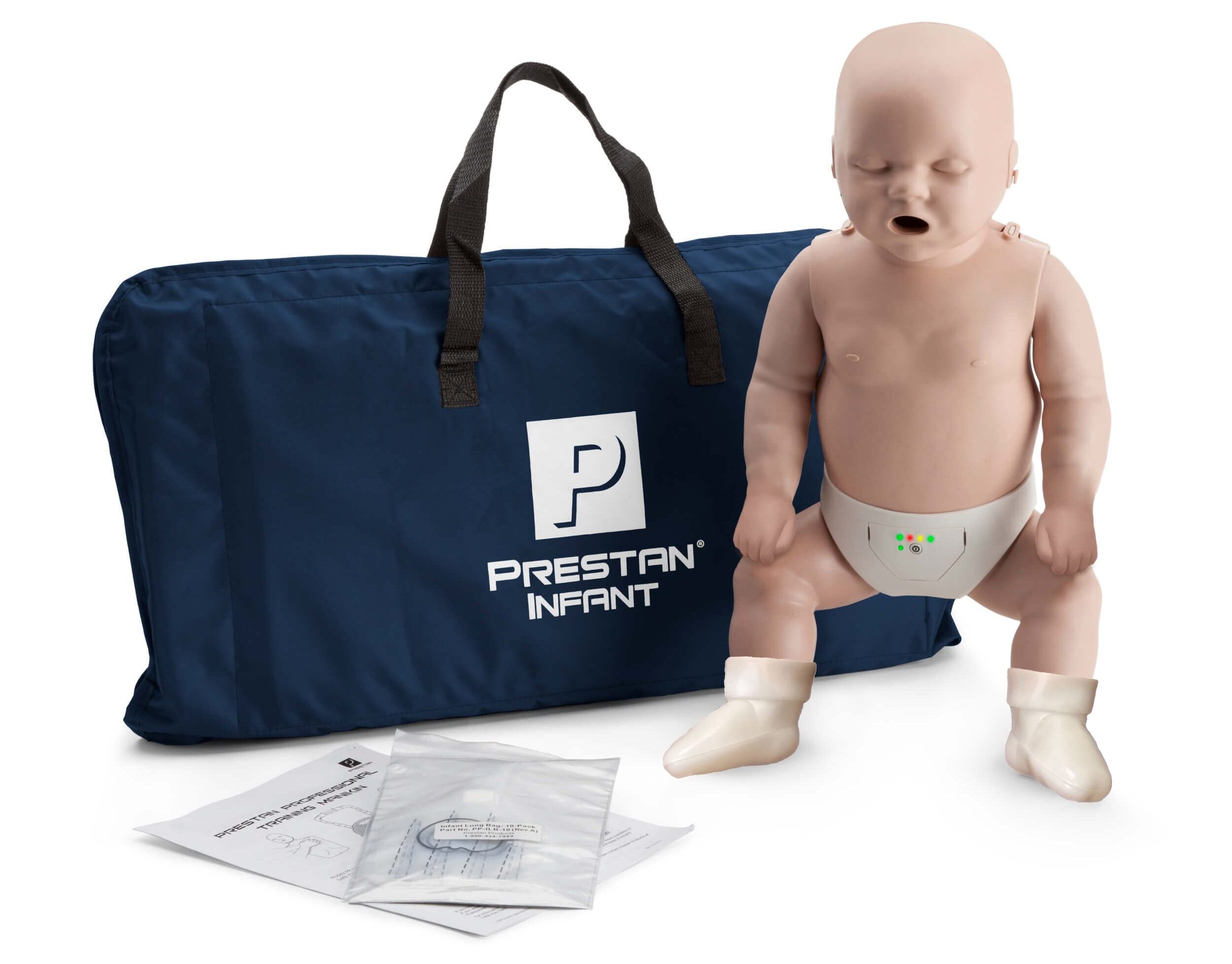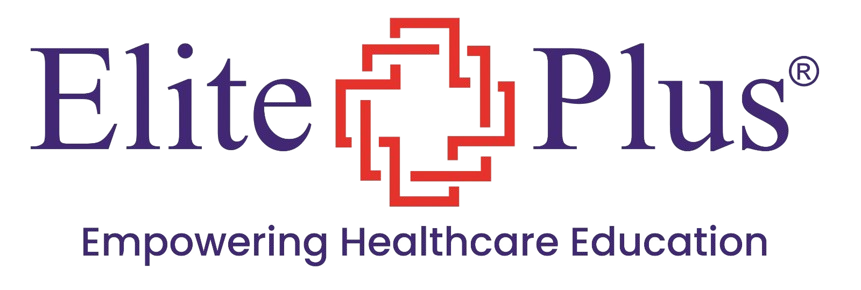Advanced Cardiovascular Life Support (ACLS) Training – Course Description
Advanced Cardiac Life Support (ACLS) training is an advanced course designed for healthcare professionals who respond to cardiac emergencies and need to manage cardiac arrest, stroke, and other life-threatening medical conditions. ACLS training equips participants with the skills and knowledge to provide critical interventions and improve patient outcomes. Here’s an outline of what ACLS training typically covers:

Certificate
Participants will receive an ACLS certification, valid for 2 years (based on training partner or governing body).
Course Length
4-5 Hours
Elite Plus offers industry-standard ACLS Training that is specifically designed for healthcare professionals involved in the management of cardiopulmonary arrest or other cardiovascular emergencies. This advanced-level course builds upon the foundation of Basic Life Support (BLS), focusing on critical decision-making, high-performance team dynamics, and advanced resuscitation techniques.
Our ACLS program is ideal for doctors, nurses, emergency medical technicians, and medical students who require advanced certification and skill training for clinical settings.
What the Training Covers:
• Recognition and early management of cardiac arrest and respiratory arrest
• Management of peri-arrest conditions such as bradycardia and tachycardia
• Airway management and related pharmacology
• Effective communication as a member or leader of a resuscitation team
• Integration of CPR with advanced interventions
• Use of AEDs, ECG interpretation, and drug protocols
• Hands-on scenarios using advanced simulation manikins
Training Features:
• Guideline-compliant curriculum (e.g., AHA-aligned)
• Experienced trainers and medical professionals
• High-fidelity simulation equipment for realistic learning
• Practical case-based approach for critical thinking
• Pre-course preparation materials provided
Target Audience:
• Physicians
• Nurses
• Emergency and Critical Care Staff
• Paramedics
• Final-year medical students
Languages
English, Hindi
Advanced Cardiac Life Support (ACLS) Training
1. Introduction to ACLS:
2. Chain of Survival:
3. Assessing the Scene and Safety:
4. Assessing and Managing Cardiac Arrest:
5. Airway Management:
6. Cardiac Rhythms:
7. Medications and Pharmacology:
8. Defibrillation:
Defibrillation in synchronized cardioversion for specific arrhythmias.
9. Cardiovascular Pharmacology:
10. Post-Cardiac Arrest Care:
11. Stroke Management:
Ischemic stroke management, including fibrinolytic therapy.
12. Acute Coronary Syndromes:
13. Team Dynamics and Communication:
14. Special Situations:
15. Ethical Considerations:
16. Megacode Scenarios:
17. Certification and Renewal:
ACLS training typically includes hands-on practice, simulations, and case scenarios to ensure participants are well-prepared to handle complex cardiac emergencies. It’s crucial to ensure that ACLS training is conducted by certified instructors using up-to-date curriculum materials and follows the guidelines set by relevant medical organizations. Successful completion of ACLS training results in a certification that signifies the participant’s competence in advanced cardiac life support.

